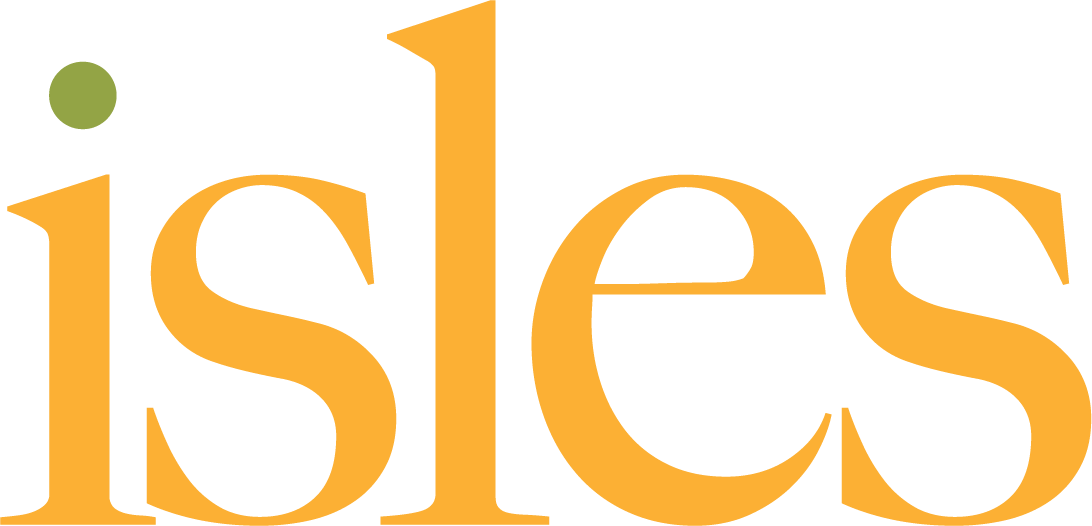On this very day 39 years ago, a fellow student and I borrowed a car from a Princeton classmate and drove to Trenton to officially incorporate Isles, a new kind of nonprofit development organization. Motivated by my family experience with poverty in Akron, Ohio and my Anthropology thesis, I grappled with a presumptuous notion – that Princeton students could do almost anything.
We thought we could create, in challenged places like Trenton, better ways to assist families and communities to become more self-reliant and healthy. We took a leap of faith in two ways: we could learn what to do, and the universe would support us.
Over four decades, that faith felt mostly well-placed. Despite larger trends towards inequality and environmental un-sustainability, our efforts were rewarded with steady growth, purpose-driven personal satisfaction and real, visible progress.
Then along came Covid. It threatens all of us, but not equally. It particularly hurts those without savings, room to stretch out, access to health care and steady jobs. Of course, that means largely brown and black-skinned people.
At Isles, we feel assaulted on multiple fronts. As a species, we are social animals, wanting to be together, and Isles’ community development work builds upon that nature. Yet the virus forces us to separate. Families we serve face immediate threats. So does our organization. Isles’ business model relies on donors, government partners, foundations, public contracts, volunteers and allies like local universities. They also face their own survival threats, and they are re-trenching. So yes, our investments and livelihoods are at risk.
Once again, I feel like that senior at Princeton, taking a leap into the unknown, hoping we can learn, and cautiously hoping that the world helps us succeed.
Luckily, we’re not starting from scratch again. We’ve learned a lot. We know how to keep staff and volunteers safe and healthy, feed hungry students in our alternative high school with a food pantry, move education and job training online, and offer phone and web-based financial counseling to families that face financial ruin. We’re safely helping hundreds of families on 70 “Covictory” gardens – so Trenton can grow more of its own food.
In these uncertain times, we return to that leap of faith. This Covid era that both threatens and teaches will not last. It too will pass. Let’s not just hope, but make sure, that we learn from it.
Marty Johnson, ‘81




 Foster self-reliant families and healthy sustainable communities
Foster self-reliant families and healthy sustainable communities